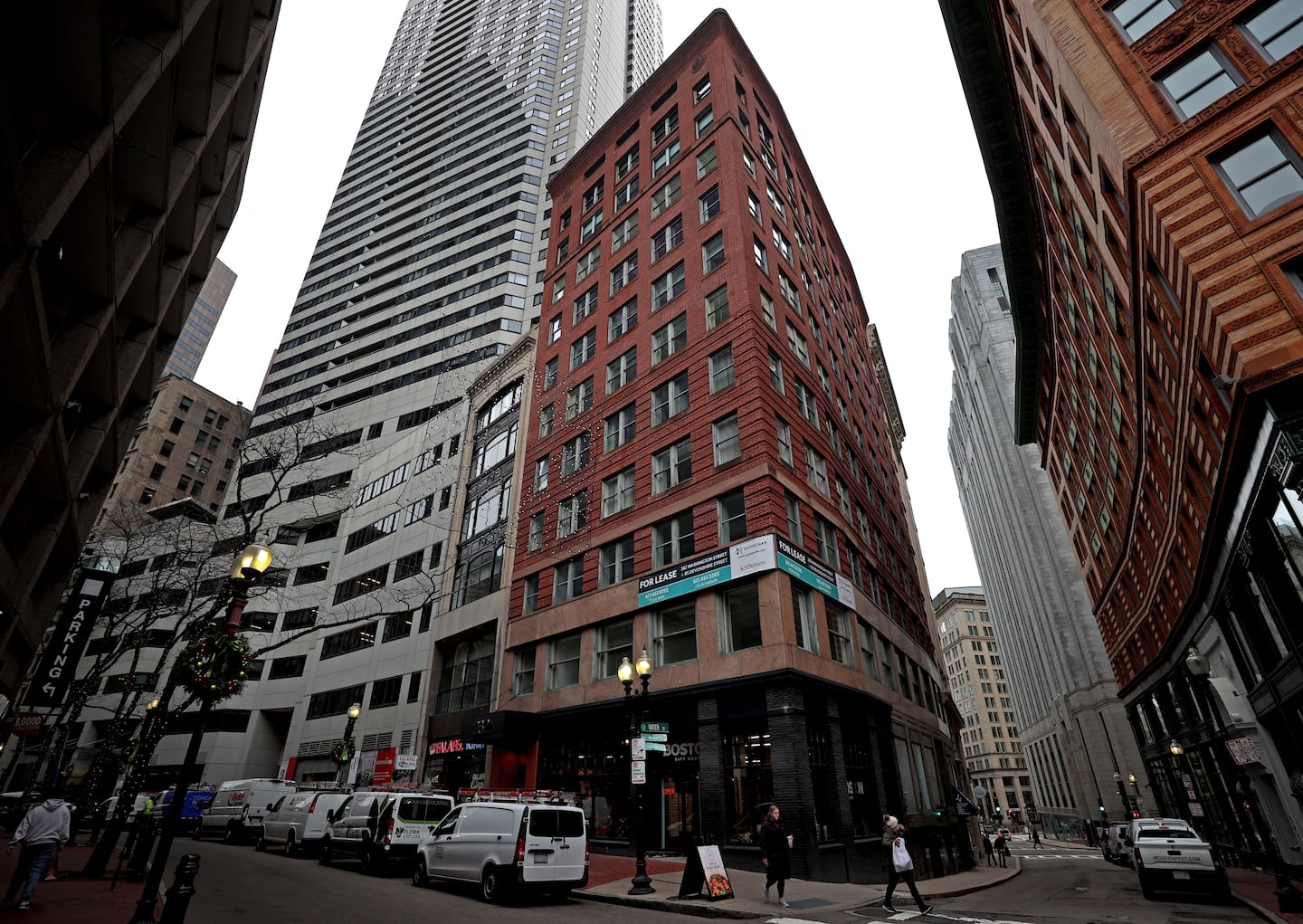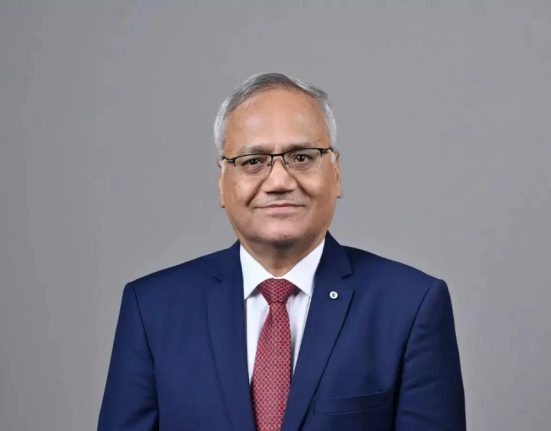The Boston Planning and Development Agency board has approved plans to convert the downtown offices into a combined 175 apartments — 80 at 15 Court Square, and 95 at 85 Devonshire St. But the projects, which KS estimates would cost a combined $65 million, will need more equity financing to become a reality.
KS Partners’ business is primarily commercial property, rather than housing, and so the firm is looking to bring in a residential expert to assist with — and help pay for — the conversion, said Biria St. John, vice chairman of CBRE’s multifamily capital markets team in Boston. What’s more, he said, managing and operating the future apartment buildings together will make the project more cost-efficient.
“It’s obviously a sizable project that requires a fair amount of equity,” St. John said. “It takes the same amount to market an 85-unit building as it does to market a 150-unit building. It really makes the economics that much more attractive when you have scale.”
The properties’ highlights include 16,500 square feet of “fully occupied prime retail space” in Downtown Crossing at the 85 Devonshire St./262 Washington St. space, along with “strong market trends” and an “excellent transit-oriented location with 24/7 urban lifestyle,” the CBRE marketing brochure said.
The brochure highlights some $23 million worth of city property-tax breaks for the “175 unit portfolio, adding that the team “will be conducting tours over the next several weeks” for interested investors.
In 2023, Boston Mayor Michelle Wu launched a program offering generous tax breaks for residential conversions — a reduction of up to 75 percent of the residential tax rate, which is already substantially lower than commercial rates, for up to 29 years — to help encourage these sort of projects.
Since the launch, the city has received some 15 applications to create 762 housing units across 20 different buildings, the Planning Department recently told the Boston City Council.
Spatial constraints and the costs associated with conversion have proved challenging, and financial incentives are still necessary, Planning Director Kairos Shen told councilors at a hearing May 12.
“We’ve learned that it’s not easy,” Shen said. “Converting, let’s say, underused office spaces to residential is still a program that requires the incentive that the program has built in.”
Beyond the city tax credits, KS is applying for federal historic tax credits and is planning to seek state historic tax credits as well, St. John said. The credits are an important piece of the developments’ financial puzzle, especially given high construction costs these days, he said. New building code requirements such as Boston’s Net Zero Carbon Zoning Initiative and the state specialized stretch energy code have made development projects difficult to afford.
“Sometimes it’s as expensive to convert a building as it is to do a ground-up” project, St. John said.
Still, the broker said, the project has received “very good engagement” from interested investors so far, though he declined to name them.
Selling a property that’s already obtained city approvals for redevelopment is a boon for potential partners, said Mark Fallon, director of research and strategy at brokerage Hunneman in Boston.
“That’s a huge value-add,” Fallon said.
However, Fallon noted, any redevelopment would still need to make financial sense for a prospective buyer.
“The same issue everyone is running into is: ‘can we pencil this out?’” Fallon said. “People are still worried about construction costs, cost overruns, labor shortages, interest-rate policy. These are all legitimate concerns.”
Catherine Carlock can be reached at catherine.carlock@globe.com. Follow her @bycathcarlock.






